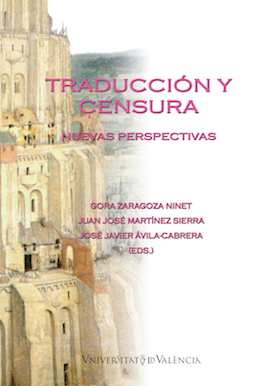Censored identity:Representation and manipulation of homosexuality in the play "Tea and Sympathy"
DOI:
https://doi.org/10.7203/qf-elit.v20i0.7528 Abstract
Abstract
This article analyzes the consequences of the acts of censorship on the representation of homosexual identity. To do so, we carry out an English- Spanish contrastive study of the American play Tea and Sympathy (1953), by Robert Anderson, and its cinema adaptation in 1956. We will start from the concept of “censorship” which Butler presents to examine the sexually connoted lexical selection that has been chosen for both languages, together with the omissions, the semantic and syntactic structures and even the plot alterations applied by censors in order to assess the representation of reality and the asymmetries that are created in the process of translation according to the heterocentric symbolic systems that prevailed at the historical context.
Keywords: censorship; identity; homosexuality; Tea and Sympathy.
 Downloads
Downloads
Downloads
Published
How to Cite
-
Abstract676
-
PDF (Español)408
Issue
Section
License
 Este obra está bajo una licencia de Creative Commons Reconocimiento-NoComercial-SinObraDerivada 4.0 Internacional.
Este obra está bajo una licencia de Creative Commons Reconocimiento-NoComercial-SinObraDerivada 4.0 Internacional.
Authors who publish with this journal agree to the following terms:
- Authors retain copyright and grant the journal right of first publication with the work simultaneously licensed under a Creative Commons Attribution License that allows others to share the work with an acknowledgement of the work's authorship and initial publication in this journal.
- Authors are able to enter into separate, additional contractual arrangements for the non-exclusive distribution of the journal's published version of the work (e.g., post it to an institutional repository or publish it in a book), with an acknowledgement of its initial publication in this journal.
- Authors are permitted and encouraged to post their work online (e.g., in institutional repositories or on their website) prior to and during the submission process, as it can lead to productive exchanges, as well as earlier and greater citation of published work (See The Effect of Open Access).




